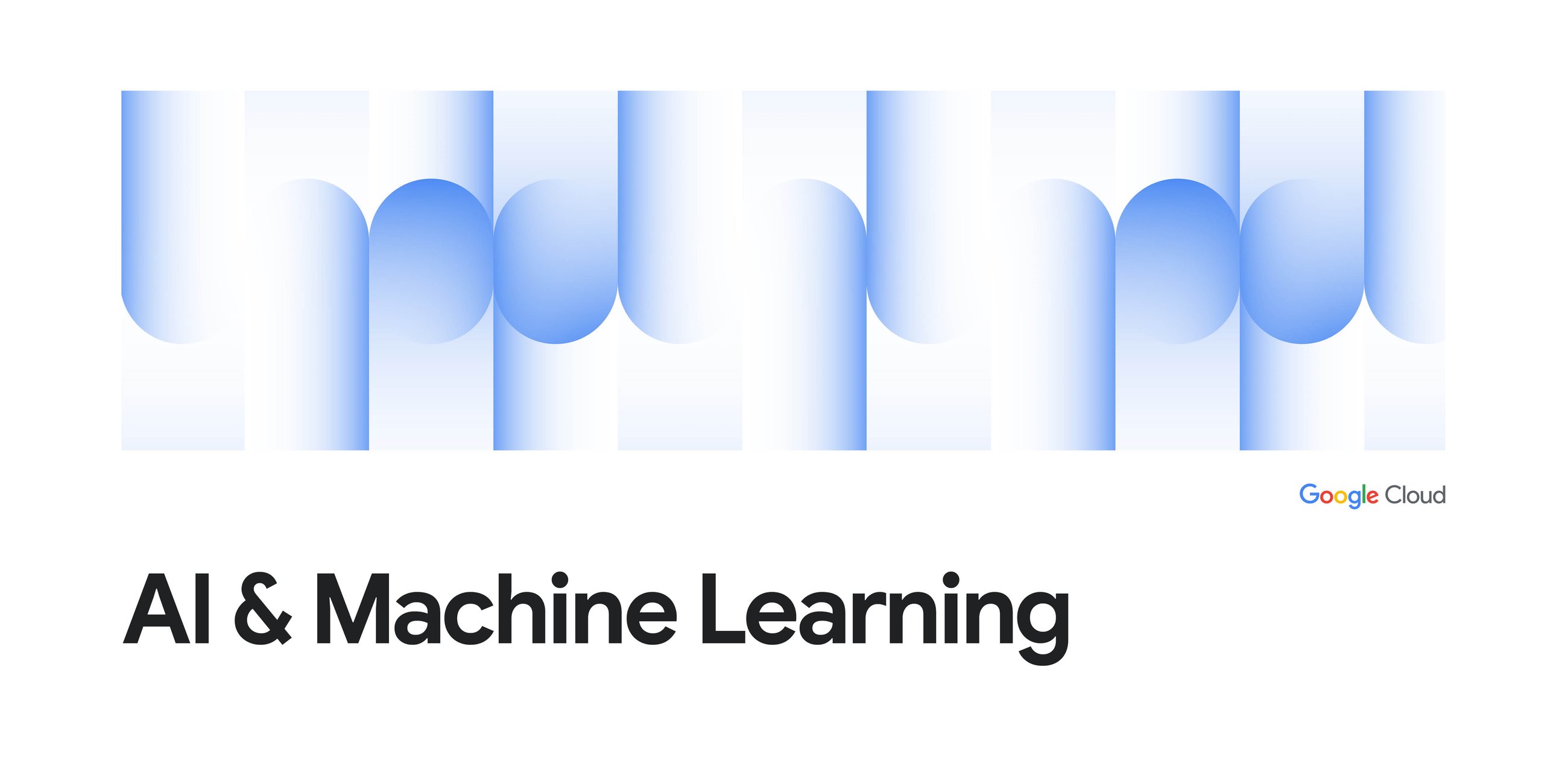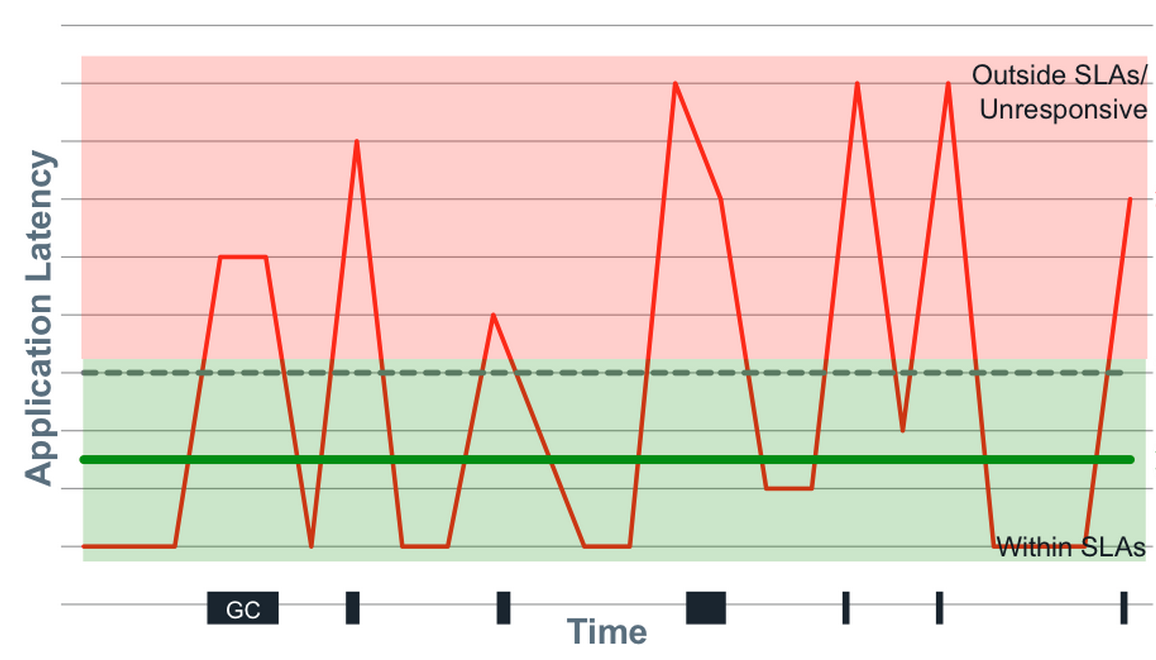gpiozero — gpiozero 2.0.1 Documentation
Link: gpiozero — gpiozero 2.0.1 Documentation: ""
Linked is a very useful library of code for writing programs on microcontrollers such as arduino and esp32. Just really handy stuff that you would know how to write... but why bother?
A guide to JAX for PyTorch developers | Google Cloud Blog

Link: A guide to JAX for PyTorch developers | Google Cloud Blog: "PyTorch users can learn about JAX in this tutorial that connects JAX concepts to the PyTorch building blocks that they’re already familiar with."
Linked is a very useful tutorial on the use of JAX. I am not an expert. I capture the link here mostly for my own future benefit.
Django vs. FastAPI, An Honest Comparison

Link: Django vs. FastAPI, An Honest Comparison: "After many years of working with Django, I decided to take a closer and more serious look at FastAPI. Extensively using both frameworks has helped me understand their actual strengths and weaknesses with greater accuracy. More and more, I find it challenging to form a relevant opinion on tools I've never used. Reading documentation or blog posts like this one is not enough, as some things simply don't "click" in your mind until you experience them firsthand."
Linked is a very useful article comparing FastAPI with Django. I’ve been a long-time Ruby on Rails developer, having developed a lot of expertise using that framework and genuinely loving it. However, for very practical reasons, I recently switched to Python. This article is highly instructive in explaining the pros and cons of Django versus FastAPI. But it leads me to an unexpected conclusion: neither Django nor fast API can truly fulfill my needs as much as Rails. Consequently, I’ve decided to stick to Ruby on Rails, even though I’ve switched to Python as my primary programming language!
How AI is changing my grading approach -- for now
Link: How AI is changing my grading approach -- for now: "It's not ideal and I have a lot of questions."
Linked is an article detailing one proffers experience modifying their approach to deal with LLMs and AI use by students on submitting homework.
When to use “raise from None” in Python

Link: When to use “raise from None” in Python: "Learn when and why to use Python's 'raise ... from None' to simplify stacktraces by hiding redundant exception context. Improve debugging clarity by focusing on the actual issue."
Linked is a good article about raising exceptions in python. For me it also showed me some interesting “advanced” (or is it idiomatic) python.
RoboGrok University-Level Robotics Course and Parts Kit

Link: RoboGrok University-Level Robotics Course and Parts Kit: "RoboGrok is a complete hands-on university-level robotics course covering forward and inverse kinematics (Denavit-Hartenberg), sensors, computer vision (machine vision), Artificial Intelligence, and motion control."
Linked is a comprehensive course in robotics. All free. Pretty well known and respected. Worth a look!
ghostty-org/ghostty: 👻 Ghostty is a fast, feature-rich, and cross-platform terminal emulator that uses platform-native UI and GPU acceleration.
Link: ghostty-org/ghostty: 👻 Ghostty is a fast, feature-rich, and cross-platform terminal emulator that uses platform-native UI and GPU acceleration.: "👻 Ghostty is a fast, feature-rich, and cross-platform terminal emulator that uses platform-native UI and GPU acceleration. - ghostty-org/ghostty"
Linked is a new terminal emulator. What interests me is that it is said to be embeddable because it is distributed also as a library with well defined apis.
Lazy self-installing Python scripts with uv
Link: Lazy self-installing Python scripts with uv: "I frequently find myself writing my own short command-line scripts in Python that help me with day-to-day tasks. It’s so easy to throw together …"
Linked is a good article; in particular I learnt how uv is going to support the functionality of pyenv.
RightTyper/RightTyper: A fast and efficient type assistant for Python, including tensor shape inference
Link: RightTyper/RightTyper: A fast and efficient type assistant for Python, including tensor shape inference: "A fast and efficient type assistant for Python, including tensor shape inference - RightTyper/RightTyper"
Linked is Python RIghtTyper which sounds great... if it works. It will analyze the type hints in your python (if any) and offers to gerentate them for you. Something like that. Many ways in which that might not go right but I read a very positive overview of it!
Everything You Know About Latency Is Wrong

Link: Everything You Know About Latency Is Wrong: "Okay, maybe not everything you know about latency is wrong. But now that I have your attention, we can talk about why the tools and methodologies you use to measure and reason about latency are lik…"
Linked is a pretty interesting article about latency and how to think about it.

